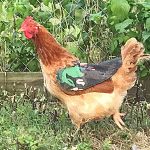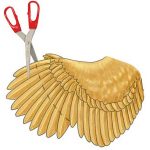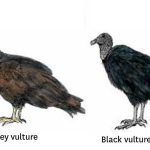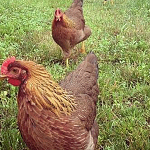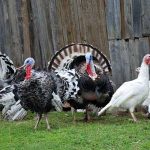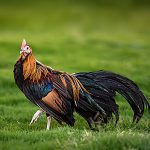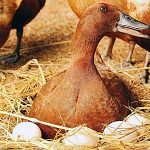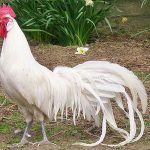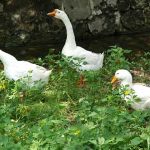
Ducks and geese get along well and may be kept together in the same area. Since most domestic duck breeds don’t fly well or at all, and some are too heavy to even walk fast, and since geese tend to be aggressive toward trespassers, keeping ducks and geese together offers the ducks some measure of […]
Continue Reading
